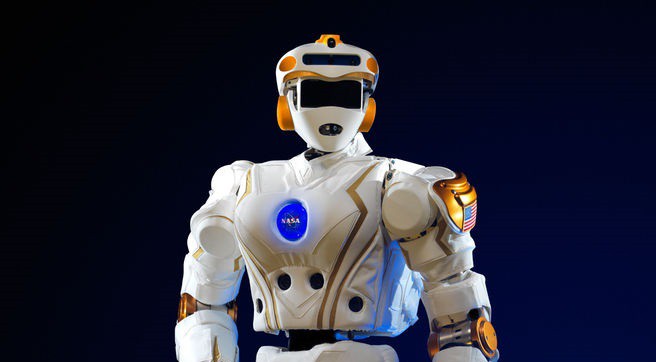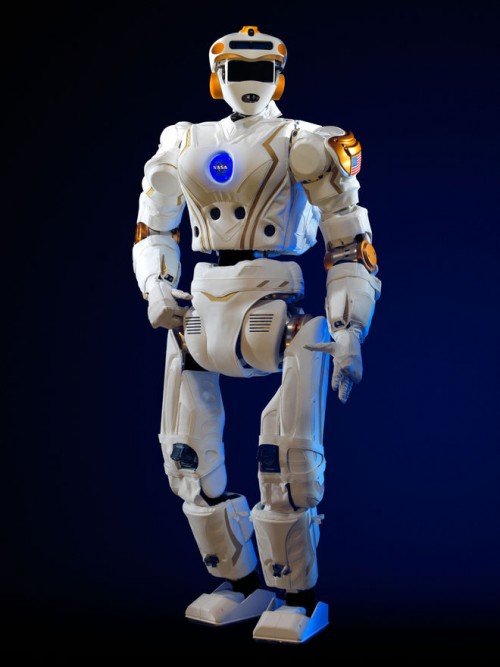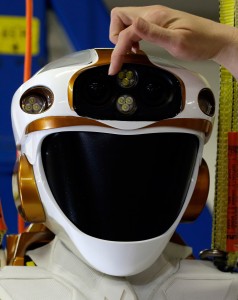NASA Valkyrie Robots - The New Generation of Space Robots

NASA in on a "Journey to Mars". According to the space agency, we should see the first humans landing on Mars by 2033. Along this journey, NASA is planning to send robots to prepare the big landing. In 2013, NASA unveiled four sister robots which are the first of the next generation of robots in space exploration. These robots, code-named Valkyrie, are 6-foot-tall, 300-pound humanoids that could help the space agency with the colonization of Mars by helping to construct a habitat for future human space explorers. Earlier this month, NASA loaned Valkyrie Robots to universities in Massachusetts and Scotland for them to perform further research and has kept one of the sisters at the Johnson Space Center in Houston. By doing so, the space agency wants to give these robots more autonomy. The idea behind this project is to extend the autonomy of these robots to send them, or their descendants, in hostile environments such as Mars. But why does NASA want to improve the Valkyries to make them more autonomous?
The delay of communication between the Earth and the Red Planet prevent humans to remotely control robots on Mars' surface; robots that will be needed to build structures, habitats, do common work or even scientific tasks. This delay between these two planets, which can be from 3 to 21 minutes in a one-way transmission, basically removes the possibility of remote control.
The Valkyries are the first robots of the new generation of space explorer robots. The previous robots sent on Mars; the Rovers, get their instructions uploaded at the beginning of the day before going to work. They use basic instructions such as "go to this place" and "use that tool here". If the project is successful, the Valkyries could receive general instructions and choose how to organize their work time and which tool to use to fulfill various instructions. The Valkyries are also equipped with a Multisense SL Camera and LIDAR array to track its surroundings easily. Advancements in artificial intelligence and faster computers will certainly help the Valkyries perform such tasks. We are not quite near the robot TARS in the movie Interstellar, but humans will certainly need robots to help discover and explore planets throughout our galaxy. What do you think? Are robots essential to humankind for space exploration?
Thanks for helping to keep our community civil!
This post is an advertisement, or vandalism. It is not useful or relevant to the current topic.
You flagged this as spam. Undo flag.Flag Post




